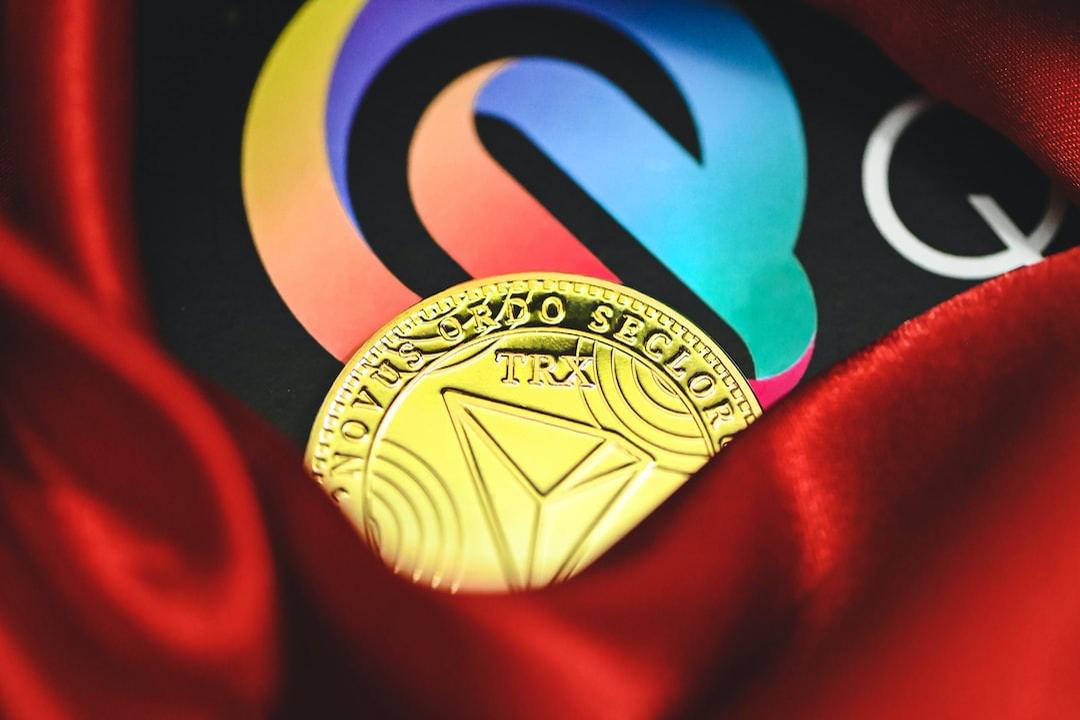The Life Lessons Huang Renxun Gives to Graduates: Finding a Craft, Prioritizing, and Embracing the Next AI Wave
In a recent speech, Huang Renxun, the founder and CEO of NVIDIA, shared one of the most profound learning experiences of his life. It happened when he visited a traditional Japanese garden in Kyoto and sought advice from a gardener. He urged graduates to find a craft they are willing to dedicate their lives to and to prioritize their life’s goals.
Huang Renxun emphasized that he was deeply inspired by this encounter and started arranging his most important tasks in the morning. This allowed him to spend the rest of his day assisting others with their work. He proudly proclaimed, “Before I even start working, my day is already a success!”
Naming “robots” as the next wave of AI
During his speech at the graduation ceremony at the California Institute of Technology, Huang Renxun encouraged the graduates to pursue their professions with dedication and resilience, and to see setbacks as new opportunities. He emphasized the importance of exploring uncharted territories and said, “You may find your GPU, your CUDA, your generative AI, or your NVIDIA.”
Regarding the future development of the industry, Huang Renxun stated that the next wave of AI would be in the field of robotics. He emphasized, “This is the result of a series of setbacks that NVIDIA has experienced.”
Huang Renxun mentioned that NVIDIA always seeks the “zero-billion-dollar market” because although the company develops new products every year, they are often “kicked out” of those markets within a year. When there are no more markets to turn to, they decided to create something that has no customers and no competitors. He said, “Because without customers, there are no competitors.”
Huang Renxun stated that robots are the new market. NVIDIA has developed the first robotics computer, which operates through deep learning. This transformation, after more than a decade, will create the next wave of AI opportunities for the company.
Inspired by a Japanese gardener
Huang Renxun shared a story to motivate the graduates about his own work approach. He mentioned that he used to work at an international site for one month every summer. “When our children were teenagers, we spent a summer in Japan,” he said. During a visit to the Golden Pavilion in Kyoto one weekend, Huang Renxun encountered an elderly gardener.
Huang Renxun recalled that it was a hot summer afternoon, and despite the heat, the gardener was meticulously tending to the moss with just a pair of bamboo tweezers, which puzzled him. Curiosity got the better of him, and he approached the gardener to ask, “What are you doing?”
The gardener replied, “I am removing dead moss. I am taking care of my garden.” Huang Renxun then said, “But your garden is too big.” To this, the gardener responded, “I have been taking care of my garden for 25 years. I have enough time.”
Sharing three life lessons: Setting a profession, deepening skills, and helping others
Huang Renxun revealed that their interaction was brief, but the gardener’s words became “one of the most profound lessons of his life.” He explained that by wisely managing his time, he is able to focus on what is most important to him, which is “helping employees grow and develop.”
He stated, “Every morning, I spend it the same way. I do my most important work first, so my day is already a success before I even start working.” It is because he has completed his most important work that he can allocate the rest of his time to helping others. Therefore, when people apologize for disturbing him, he always says, “I have enough time.”
Huang Renxun concluded by saying, “I hope you can find a craft that you will dedicate your life to and integrate your work skills into it.” He also reminded them of the importance of life itself, saying, “Many things are happening, and there are many things to do, but prioritize your life.”
Reference: CNBC, NVIDIA
Further reading: Learning Huang Renxun’s “Less Than 6 Lines” Efficient Communication Technique! Harvard’s Evidence: Which type of message is easier to grasp at a glance?
This article was initially generated by an AI and revised and edited by Li Xiantai.

